Physiotherapy After Bypass Surgery
Discover how physiotherapy aids recovery after bypass surgery. Learn about essential exercises, timelines, safety tips, and how Apollo24|7 supports your rehabilitation journey.

Written by Dr.Sonia Bhatt
Last updated on 21st Jul, 2025
.webp)
Introduction
Undergoing bypass surgery is a major step toward improving heart health, but recovery doesn’t end with the operation. Physiotherapy plays a crucial role in helping patients regain strength, mobility, and overall well-being. This guide explains why physiotherapy is essential, what to expect, and how to make the most of your recovery journey.
Why Is Physiotherapy Important After Bypass Surgery?
Bypass surgery helps restore blood flow to the heart, but the body needs time to heal. Physiotherapy helps in:
Strengthening the heart and lungs
Improving circulation
Reducing post-surgery complications (such as blood clots or lung infections)
Restoring mobility and flexibility
Boosting energy levels and confidence
Without proper rehabilitation, patients may experience prolonged weakness, stiffness, or even emotional distress. A structured physiotherapy programme ensures a smoother and faster recovery.
What Does Physiotherapy After Bypass Surgery Include?
Here’s what physiotherapy after bypass surgery typically includes to help you recover mobility, build strength, and improve your overall heart health:
1. Breathing Exercises
After surgery, shallow breathing is common due to pain or fear of straining the incision. Deep breathing exercises help:
Prevent lung infections
Improve oxygen flow
Strengthen respiratory muscles
Simple exercise:
Sit upright, take a slow, deep breath through your nose.
Hold for 2-3 seconds, then exhale slowly through pursed lips.
Repeat 5-10 times, 3-4 times a day.
To Know More Consult Top Cardiologists
2. Gentle Mobility Exercises
Early movement prevents stiffness and improves blood circulation.
Arm and Shoulder Movements: Raise arms slowly to shoulder level, hold, and lower.
Ankle Pumps: Move feet up and down to prevent blood clots.
Walking: Start with short walks (5-10 minutes) and gradually increase duration.
3. Gradual Strengthening Exercises
As recovery progresses, light resistance exercises (like using small weights or resistance bands) help rebuild muscle strength.
4. Cardiac Rehabilitation Programme
Many hospitals offer supervised cardiac rehab programmes, which include:
Monitored exercise sessions
Nutrition advice
Stress management techniques
How Soon Should You Start Physiotherapy?
In the Hospital (1-3 days post-surgery):
Deep breathing exercises
Gentle leg and arm movements
Short walks with assistance
At Home (First 4-6 weeks):
Daily walking (gradually increasing distance)
Light household activities (avoid heavy lifting)
Stretching exercises
Long-Term Recovery (After 6 weeks):
More structured exercises (as advised by a physiotherapist)
Joining a cardiac rehab programme if available
Tips for a Smooth Recovery
Listen to Your Body: Don’t push too hard; rest when needed.
Stay Consistent: Follow your physiotherapy routine daily.
Eat Heart-Healthy Foods: Include fruits, vegetables, lean proteins, and whole grains.
Avoid Smoking & Alcohol: These can slow down healing.
Monitor Your Incision: Keep it clean and report any redness or swelling.
Stay Positive: Recovery takes time; celebrate small progress.
When to Seek Help?
Contact your doctor or physiotherapist if you experience:
Severe chest pain or shortness of breath
Swelling or pain in legs (possible blood clot)
Fever or signs of infection
Extreme fatigue or dizziness
Conclusion
Recovering from bypass surgery is a journey, and physiotherapy is your trusted companion. With patience, discipline, and the right guidance, you can regain strength and return to an active, healthy life.
Consult Top Cardiologists
To Know More Consult Top Cardiologists

Dr. Vijay Dikshit
Cardiothoracic and Vascular Surgeon
45 Years • MS, MCH
Hyderabad
Apollo Hospitals Jubilee Hills, Hyderabad
(200+ Patients)
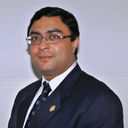
Dr Shaikat Gupta Director Surgical Onco
Surgical Oncologist
34 Years • MBBS (University Gold Medalist), MS, FRCSEd
Kolkata
Apollo Multispeciality Hospitals , Kolkata, Kolkata
(225+ Patients)

Dr. Shantesh Kaushik
Cardiothoracic and Vascular Surgeon
29 Years • MBBS, MS, DNB (Gen. Surgery), MCH ( CVTS)
Mumbai
Apollo Hospitals CBD Belapur, Mumbai
(50+ Patients)
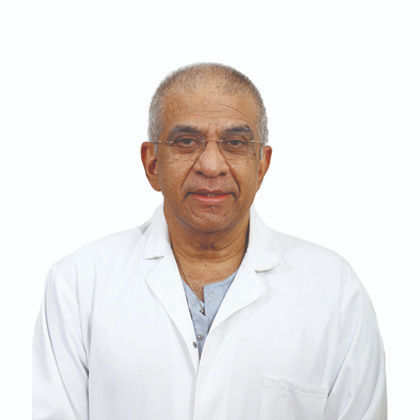
Dr. Vijay Shankar C S
Cardiothoracic and Vascular Surgeon
30 Years • MBBS, MS (General Surgery), M.Ch
Chennai
Apollo Hospitals Greams Road, Chennai
(75+ Patients)
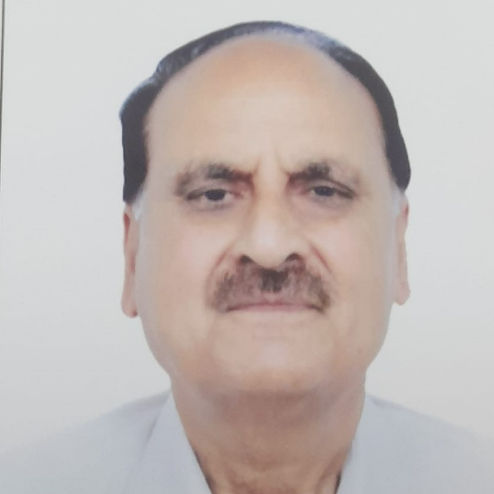
Dr. K K Pandey
Cardiothoracic and Vascular Surgeon
28 Years • MBBS, MS, Ph.D (CTVS)
Delhi
Apollo Hospitals Indraprastha, Delhi
Consult Top Cardiologists

Dr. Vijay Dikshit
Cardiothoracic and Vascular Surgeon
45 Years • MS, MCH
Hyderabad
Apollo Hospitals Jubilee Hills, Hyderabad
(200+ Patients)

Dr Shaikat Gupta Director Surgical Onco
Surgical Oncologist
34 Years • MBBS (University Gold Medalist), MS, FRCSEd
Kolkata
Apollo Multispeciality Hospitals , Kolkata, Kolkata
(225+ Patients)

Dr. Shantesh Kaushik
Cardiothoracic and Vascular Surgeon
29 Years • MBBS, MS, DNB (Gen. Surgery), MCH ( CVTS)
Mumbai
Apollo Hospitals CBD Belapur, Mumbai
(50+ Patients)

Dr. Vijay Shankar C S
Cardiothoracic and Vascular Surgeon
30 Years • MBBS, MS (General Surgery), M.Ch
Chennai
Apollo Hospitals Greams Road, Chennai
(75+ Patients)

Dr. K K Pandey
Cardiothoracic and Vascular Surgeon
28 Years • MBBS, MS, Ph.D (CTVS)
Delhi
Apollo Hospitals Indraprastha, Delhi

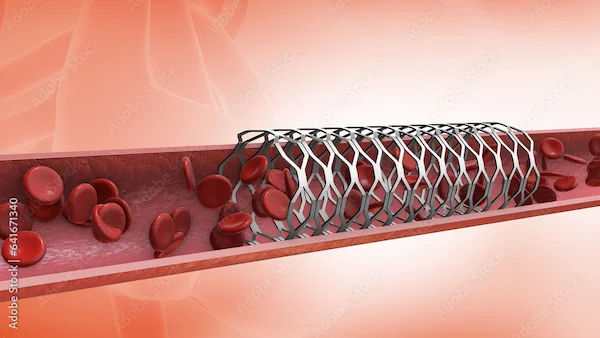
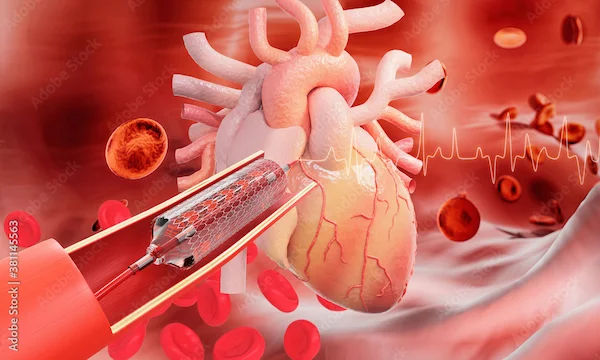
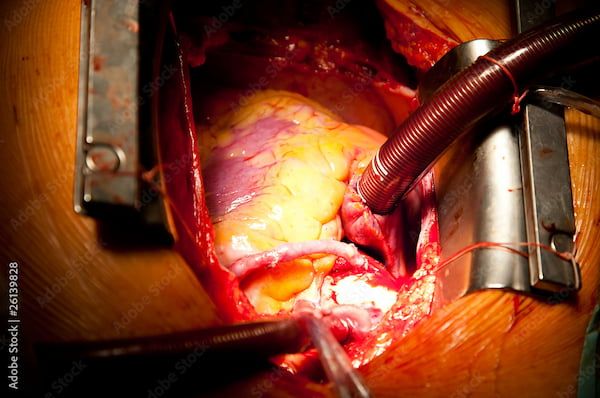
.webp)